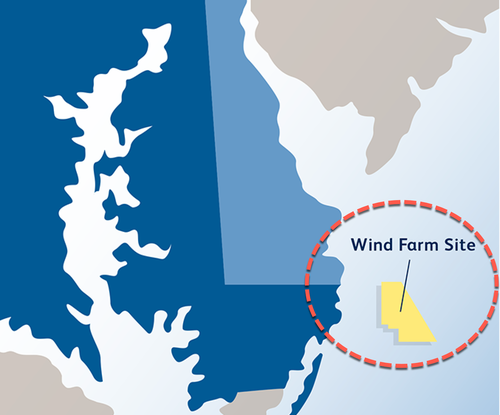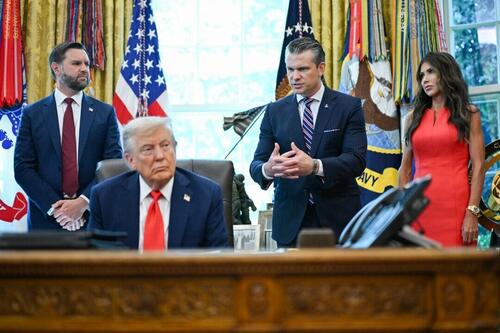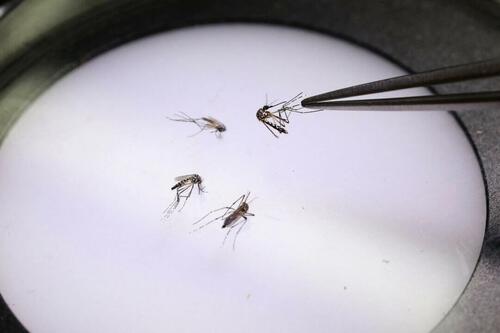FDA Suspends License For Chikungunya Vaccine After ‘Serious Adverse Events’
Federal regulators on Aug. 25 said they’ve suspended approval for a vaccine against chikungunya, a mosquito-borne virus.
Due to reports of serious adverse events following administration of the vaccine, the Food and Drug Administration’s Center for Biologics Evaluation and Research (CBER) “believes this vaccine is not safe and that continued administration to the public would pose a danger to health,” the FDA said in a statement.
France-based Valneva makes the vaccine, known as Ixchiq.
“As we determine potential next steps, and as the clear threat of chikungunya continues to escalate globally, Valneva remains fully committed to maintaining access to our vaccine as a global health tool for addressing and preventing outbreaks of this devastating illness,” Thomas Lingelbach, Valneva’s CEO, said in a statement.
Zachart Stieber reports for The Epoch Times that the FDA originally approved Ixchiq in 2023 to prevent disease caused by the chikungunya virus in adults deemed to have an increased risk of exposure. The Centers for Disease Control and Prevention in 2024 recommended the vaccine for people traveling to certain countries.
Health officials said in an alert in May that they were advising a pause in administering the vaccine to elderly adults due to reports that some of those vaccinated had been experiencing serious adverse events (SAEs), including neurologic and cardiac problems.
This included 38 SAE reports for 32 unique cases (7 U.S., 25 foreign), including 21 hospitalizations and three deaths.
After CBER Director Dr. Vinay Prasad resigned, the FDA, in early August, ended the recommended suspension, stating that an updated assessment of risks and benefits for Ixchiq showed the benefits still outweighed the risks for some people.
In the new announcement, regulators said that is no longer the case.
The latest risk-benefit assessment includes four new foreign reports that came to light since the FDA lifted the recommended pause, including a report of problems following vaccination in a 55-year-old male.
Prasad said in a memorandum dated Aug. 22 that of the 32 cases, five tested positive for the vaccine strain of the virus, making it nearly certain that the vaccine caused the problem.
“There are reasonable grounds to believe the risks of the vaccine outweigh its benefits, and that it poses a danger to health. Therefore, CBER is suspending approval,” Prasad said.
Chikungunya causes symptoms in most people who are infected with the virus, according to the CDC. Symptoms can include fever, joint pain, and inflammation.
Another vaccine against chikungunya, Vimkunya, is still available in the United States. The FDA approved it in April for people 12 years of age and older, and the CDC recommends it for people traveling to areas with chikungunya outbreaks as well as laboratory workers who could become exposed to the virus in their work.
Vimkunya utilizes a molecule resembling the chikungunya virus to trigger an immune response. Ixchiq contains a weakened form of the virus.
Shares of Valneva dipped by about 21 percent after the FDA’s suspension.
Valneva described the move as sudden. The company said that the SAEs recorded following vaccination featured symptoms consistent with those reported during clinical trials, and that the labels accurately list warnings and precautions.
The label had warned that Ixchiq could cause “serious, severe, or prolonged chikungunya-like illness,” citing trial data and reports following approval.
“Valneva is continuing to investigate these cases in detail and if warranted will pursue further steps in connection with FDA’s decision in accordance with applicable statutory procedures,” it said.
Tyler Durden
Mon, 08/25/2025 – 17:20













